1. Sally Field
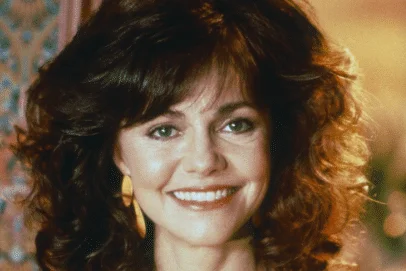
Sally Field’s rise to stardom in the ‘70s was swift, thanks to her role in the TV show The Flying Nun and her memorable performance in Smokey and the Bandit (1977). Her relatable on-screen presence, mixing both vulnerability and humor, made her a favorite among audiences. She went on to transition from TV to film in the ‘80s, where she won two Academy Awards for Norma Rae (1979) and Places in the Heart (1984). By the late ‘80s, her career seemed to slow down, and she became more selective with her roles.
Though Field found occasional success with roles in films like Forrest Gump (1994) and Hello, My Name Is Doris (2015), she was never quite able to recapture the massive fame she experienced in the ‘70s. Her comeback was steady, but she seemed more content with smaller, intimate roles rather than starring in major blockbusters. Despite her accomplishments, her career is often remembered for the iconic roles she had in her early years.
2. Ryan O’Neal
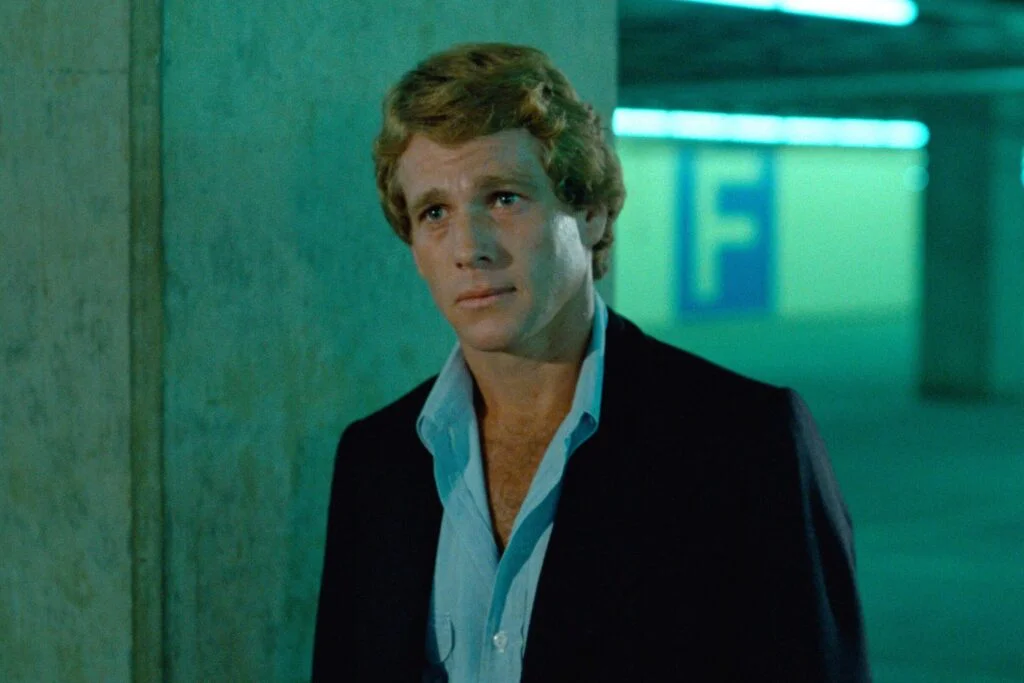
Ryan O’Neal became a leading man in the ‘70s, thanks to his performances in Love Story (1970) and Paper Moon (1973). His good looks and charm made him a top heartthrob of the era. However, O’Neal’s personal life, including tumultuous relationships and public feuds, began to overshadow his career. His turbulent marriage to actress Joanne Woodward and his strained relationship with his daughter Tatum O’Neal kept him in the tabloids, and his acting roles began to dry up.
Despite his earlier success, O’Neal’s career couldn’t recover from the damage caused by his personal issues. Though he made occasional appearances in films and TV shows throughout the ‘80s and ‘90s, he never regained the same level of popularity. His once-promising career gradually faded into the background as Hollywood moved on to new stars.
3. Farrah Fawcett
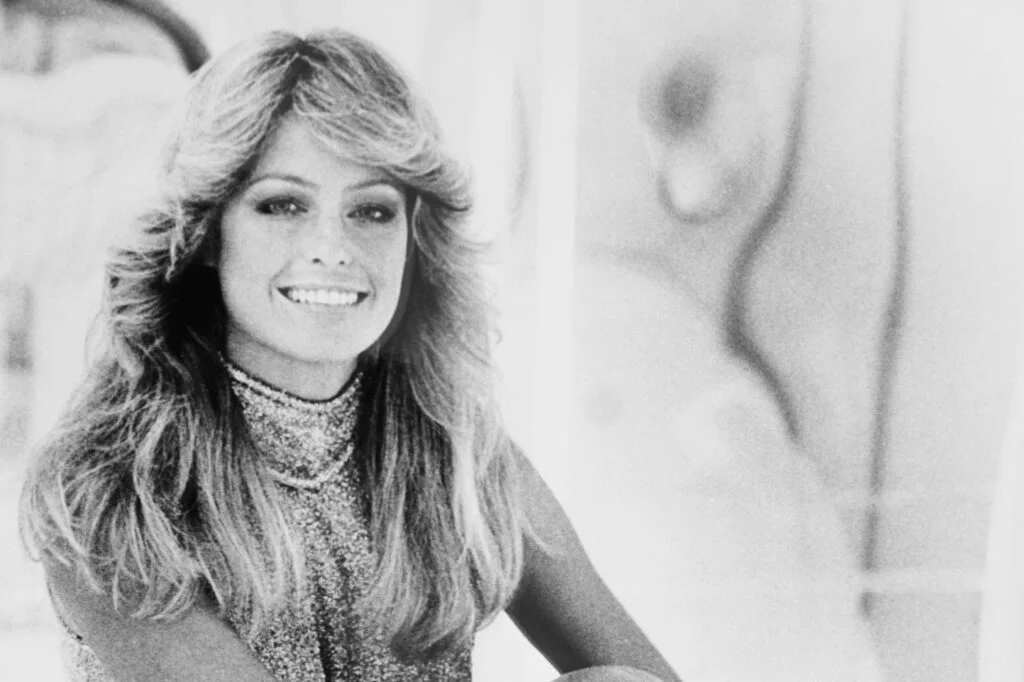
Farrah Fawcett was one of the brightest stars of the ‘70s, thanks to her role in the iconic TV show Charlie’s Angels (1976). Her beachy blonde hair and stunning beauty made her an instant pop culture sensation. However, despite her TV success, Fawcett struggled to break into film in a major way. She did manage some notable roles in films like The Burning Bed (1984), but she was often typecast and found it difficult to escape her TV persona.
As the ‘80s and ‘90s progressed, Fawcett stepped away from the limelight, focusing on her personal life and facing several difficult years, including a very public and heartbreaking battle with cancer. Although she gained public attention again in the early 2000s due to her health struggles, the once shining star was no longer the Hollywood icon she once was. She remains remembered, but her career took a sharp decline as the years went on.
4. John Travolta
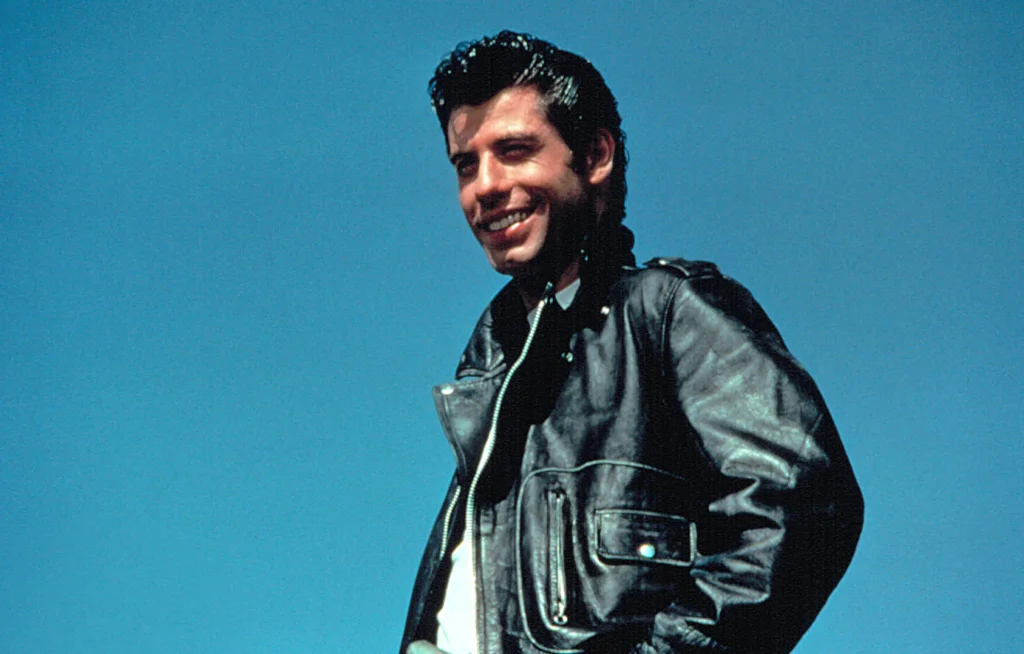
John Travolta’s career was catapulted into superstardom in the ‘70s with his unforgettable performances in Saturday Night Fever (1977) and Grease (1978). His dance moves, charm, and good looks made him a teen idol and a box office draw. However, after the massive success of those films, Travolta’s career took a nosedive in the ‘80s with a series of commercial failures. His attempts at branching out into more serious roles didn’t connect with audiences, and he found himself in career limbo.
It wasn’t until the ‘90s, with the release of Pulp Fiction (1994), that Travolta made his big comeback, winning back both critical acclaim and public favor. Despite his resurgence, Travolta’s career has remained unpredictable. He’s continued to work in film, but none of his later roles have ever achieved the same iconic status as his ‘70s hits. Still, he remains a beloved figure, even if his peak years are now long past.
5. Burt Reynolds
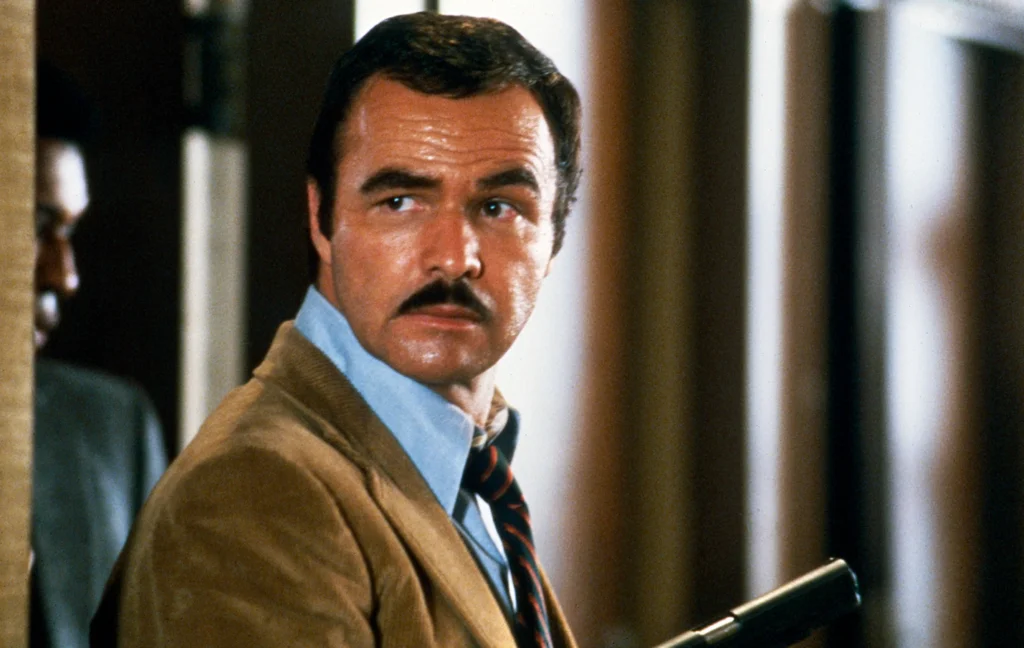
Burt Reynolds became a symbol of rugged masculinity in the ‘70s with roles in Deliverance (1972) and Smokey and the Bandit (1977). His charm and charisma made him one of the top stars of the era. However, by the late ‘80s, Reynolds’ career began to falter. A series of personal struggles, including divorces and financial troubles, impacted his public image, and his acting career took a backseat as a result. Despite his earlier fame, Reynolds had trouble finding major roles in the ‘80s and ‘90s.
Though he made a comeback with roles in Boogie Nights (1997) and continued to act in the ‘2000s, Reynolds’ career was never able to regain the same level of success he had during his ‘70s heyday. His appearances in the later years were often relegated to supporting roles, and he became more of a nostalgic figure than a leading man. His death in 2018 marked the end of an era for Hollywood’s leading tough guys.
6. Jacqueline Bisset
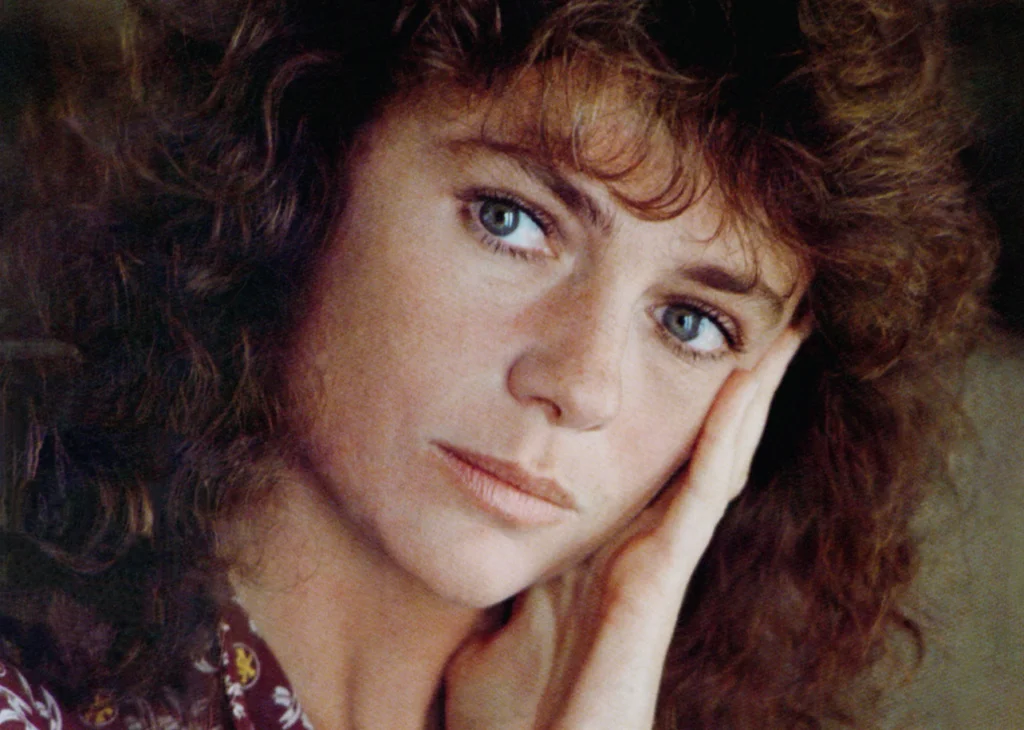
Jacqueline Bisset became one of the most glamorous stars of the ‘70s with roles in The Deep (1977) and Bullitt (1968). Her beauty and elegance earned her a strong following, but despite her success, she struggled to secure leading roles in Hollywood in the ‘80s. While she worked steadily in Europe, her career in the U.S. began to fade. Her roles were often smaller, and she was frequently relegated to supporting parts, never quite achieving the same level of fame she had enjoyed in the ‘70s.
Although Bisset still appeared in films and television throughout the ‘90s and beyond, her star power diminished with time. She never regained the kind of attention she had in the ‘70s, and her most notable roles were in independent or lower-profile films. Nevertheless, her name is still remembered fondly by fans of the ‘70s, as she remains an emblem of the era’s glitzy Hollywood.
7. Lee Marvin
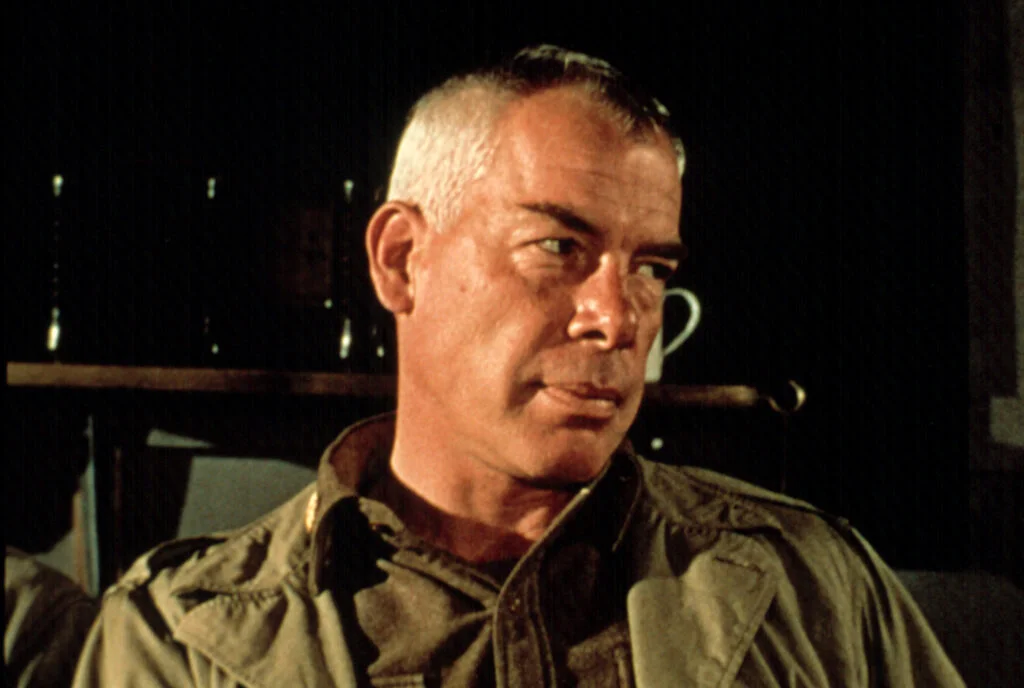
Lee Marvin was known for his tough-guy persona in films like The Dirty Dozen (1967) and Point Blank (1967), where his deep voice and commanding presence made him a standout in Hollywood. By the ’70s, he had cemented his place as a Hollywood tough guy. However, as he got older, his roles began to slow down. The ‘80s saw fewer prominent roles for Marvin, and his career in film essentially stalled as Hollywood’s tastes changed.
Though he occasionally appeared in projects throughout the ‘80s and into the ‘90s, his earlier roles were far more memorable and impactful. By the time of his death in 1987, Marvin’s Hollywood presence had dwindled considerably. His legacy as a tough and charismatic actor lives on, but his career had clearly peaked in the ‘60s and ‘70s, with his later years marked by smaller parts.
8. Olivia Newton-John
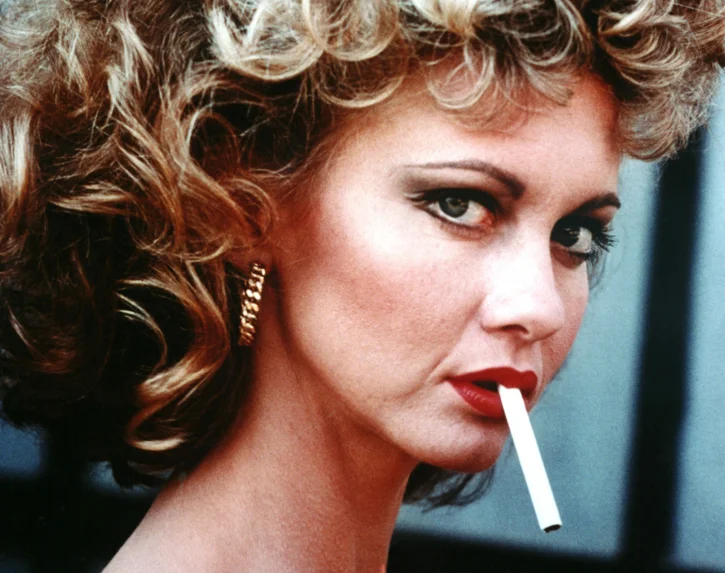
Olivia Newton-John became a cultural icon in the ‘70s thanks to her role as Sandy in Grease (1978). Her charm, beauty, and powerful singing voice made her a favorite among fans. However, as the ‘80s rolled in, Newton-John’s popularity began to wane. Despite several successful albums, her acting career didn’t regain the same traction. She made occasional appearances in TV shows and films, but none of her later roles reached the cultural impact of Grease.
Though she remained active in music and became an advocate for cancer research after her own diagnosis, Newton-John’s film career was mostly a thing of the past. Her place in Hollywood history was solidified by her star-making turn in Grease, but the ‘70s were the decade when she truly ruled the screen. In recent years, she’s continued to maintain a strong fanbase, but her film career remains a distant memory.
9. Gene Hackman
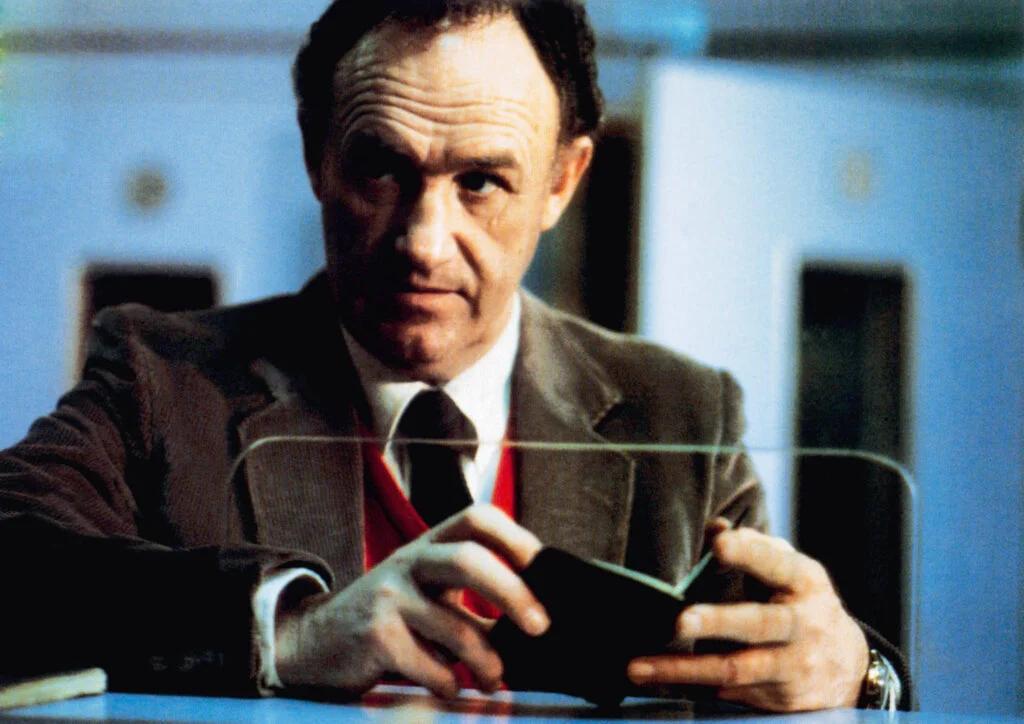
Gene Hackman was at the top of his game in the ‘70s with roles in The French Connection (1971) and The Conversation (1974), both of which earned him critical acclaim and solidified his place in Hollywood’s elite. His intense acting style made him a favorite for gritty, dramatic roles. However, by the ‘80s, Hackman began to pull back from major film roles, appearing less frequently on screen.
Although Hackman did enjoy a brief resurgence in the ‘90s, particularly with Unforgiven (1992) and The Quick and the Dead (1995), his Hollywood presence was not as dominant as it had been in the ‘70s. In the early 2000s, Hackman retired from acting, preferring to focus on writing. His work in the ‘70s remains his most iconic, and it’s that period that people most associate him with.
10. Jane Fonda
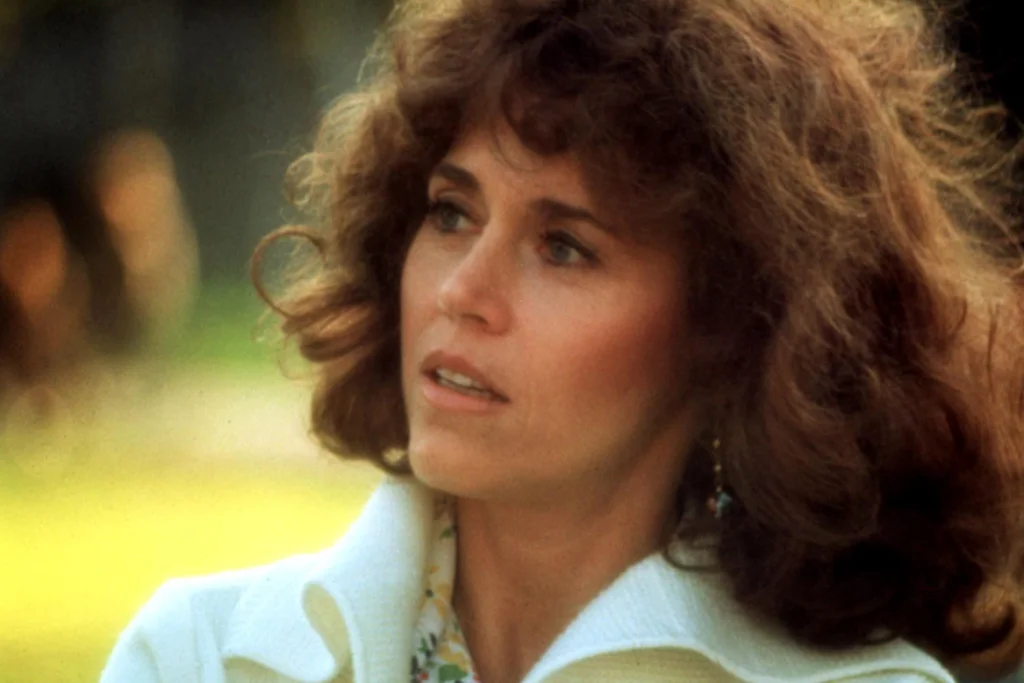
Jane Fonda’s career reached its zenith in the ‘70s with iconic roles in Klute (1971) and China Syndrome (1979), for which she earned critical acclaim and multiple awards. She was not only a talented actress but also a cultural force, known for her activism and outspoken political views. However, as the ‘80s began, Fonda shifted her focus away from acting to pursue personal interests, including her famous exercise videos and activism.
While Fonda did return to acting in the ‘90s and beyond with films like Monster-in-Law (2005) and Grace and Frankie (2015), she’s most associated with her ‘70s heyday. Her career saw an ebb and flow, but her most notable contributions to Hollywood and pop culture were firmly rooted in the ‘70s, when she was at the top of her game. Despite her later work, it’s her iconic roles from that era that continue to define her legacy.
11. Peter Fonda
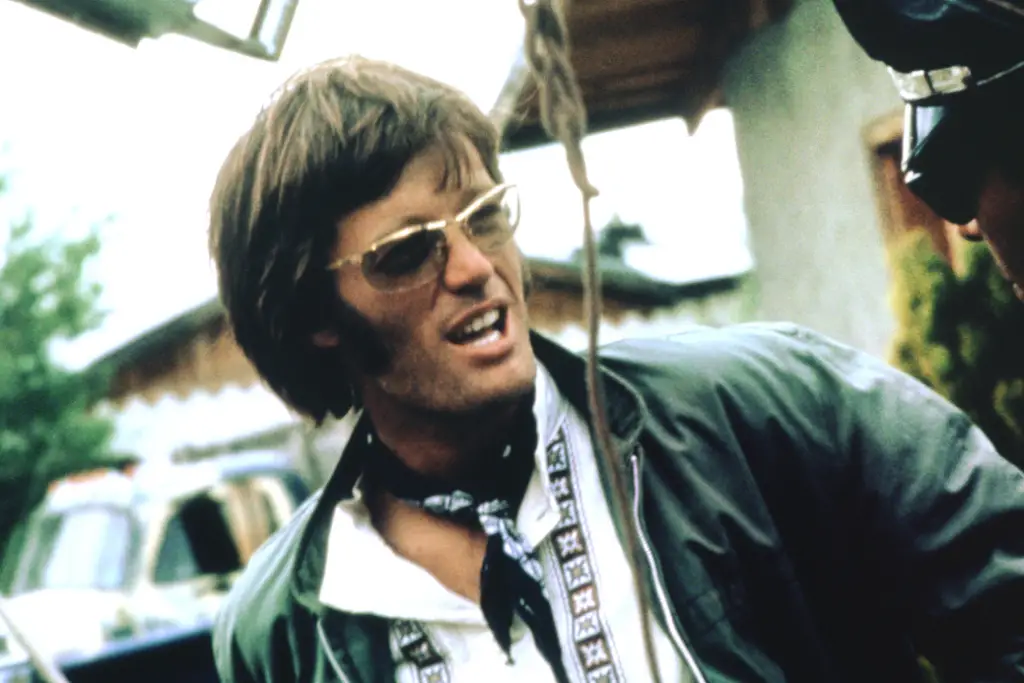
Peter Fonda, like his sister Jane, became a star in the ‘70s, most notably for his role in the counterculture classic Easy Rider (1969). The film’s success made him a symbol of the free-spirited, rebellious youth movement. However, as the ‘70s moved into the ‘80s, Fonda’s career began to lose steam. Despite his early fame, he struggled to secure major roles and largely disappeared from Hollywood’s spotlight.
Fonda did manage to find some success in smaller films like Ulee’s Gold (1997), which earned him an Academy Award nomination. However, his most iconic work remains tied to the ‘70s, with Easy Rider standing as his defining legacy. His later career was more focused on smaller, character-driven roles rather than major box office hits.
12. Charlton Heston
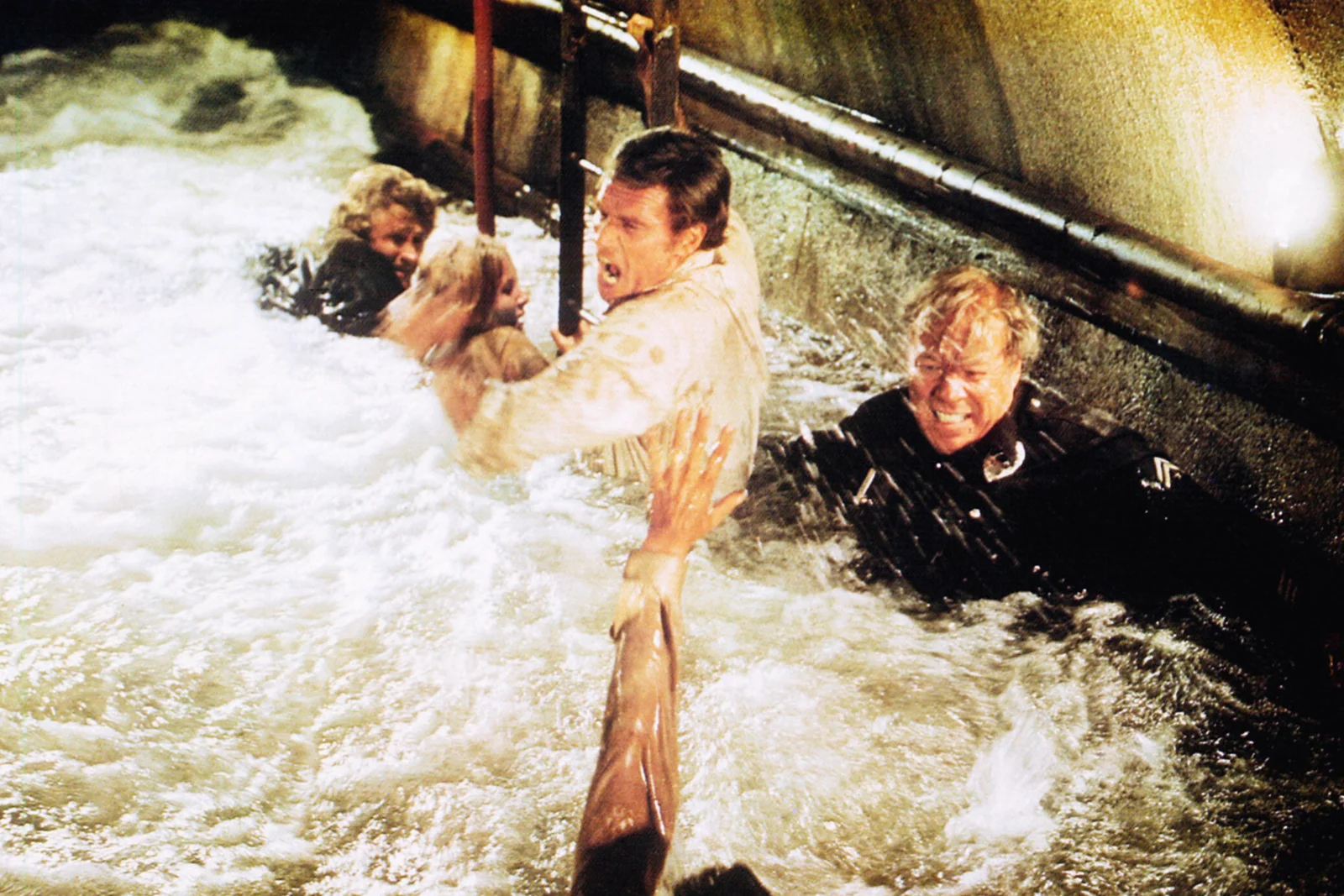
Charlton Heston was a larger-than-life figure in Hollywood, especially in the ‘70s, with roles in Ben-Hur (1959) and Planet of the Apes (1968). His commanding voice and rugged persona made him an unforgettable leading man. However, by the ‘70s, his career began to slow as Hollywood’s taste in films shifted. His roles became less frequent, and his appearances were often in smaller or less impactful films.
In his later years, Heston became more involved in politics, particularly as an outspoken leader of the National Rifle Association, overshadowing his acting career. Though he continued acting into the ‘90s and 2000s, his most iconic roles were from his earlier years. By the time of his death in 2008, Heston had long since passed his peak as a Hollywood star, with his ‘70s career remaining the pinnacle of his success.


